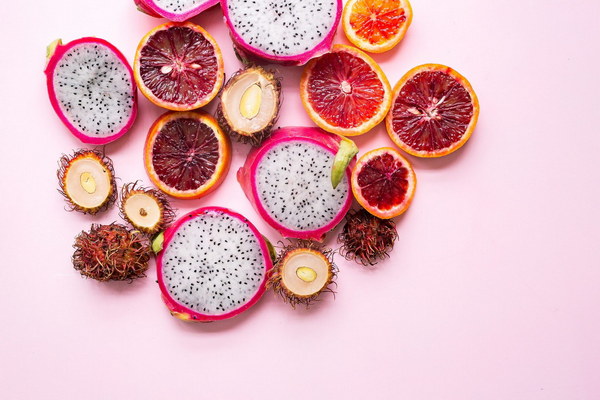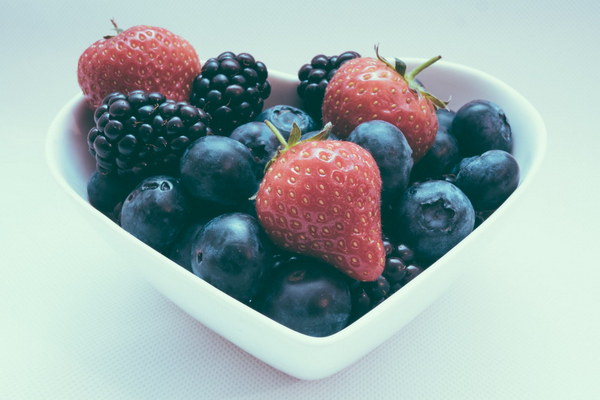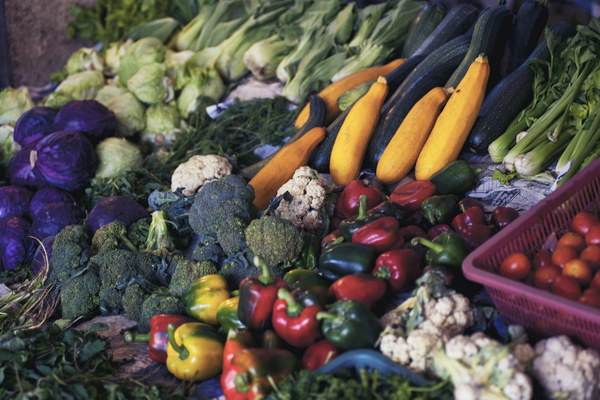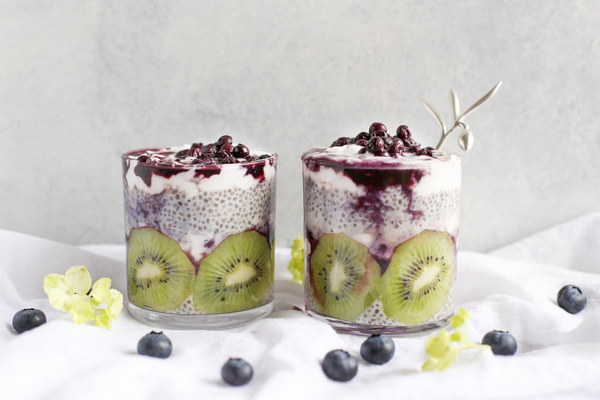Nourishing the Inner lining A Woman's Guide to Dietary Supplements for Endometrial Health
Introduction:
The endometrium, the inner lining of the uterus, plays a crucial role in the menstrual cycle and reproduction. For women, maintaining a healthy endometrium is essential for regular menstrual cycles and the potential for conception. While medication and medical treatments can be effective, dietary supplements can also play a significant role in nourishing and supporting endometrial health. This article explores the importance of the endometrium, common issues that can affect it, and the best dietary supplements to consider for women looking to enhance their inner lining's well-being.
Understanding the Endometrium:
The endometrium is a mucous membrane that lines the inside of the uterus. It goes through a series of changes each month during the menstrual cycle, preparing for potential pregnancy. If conception does not occur, the endometrium sheds during menstruation. This cycle is regulated by hormones such as estrogen and progesterone.
Common Endometrial Issues:
Several factors can affect the health of the endometrium, leading to issues like:
1. Endometriosis: This condition occurs when endometrial tissue grows outside the uterus, causing pain and other symptoms.
2. Polyps: Benign growths on the endometrium that can sometimes lead to abnormal bleeding.
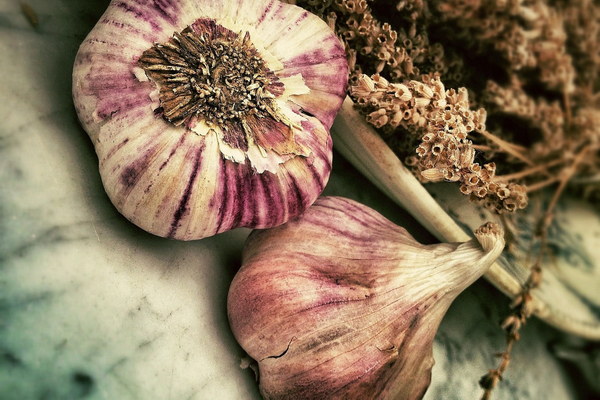
3. Adenomyosis: The invasion of endometrial tissue into the muscle wall of the uterus, causing heavy periods and pain.
4. Uterine fibroids: Non-cancerous growths in the uterus that can lead to menstrual irregularities and pain.
Dietary Supplements for Endometrial Health:
1. Omega-3 Fatty Acids:
Omega-3s, found in fish oil and flaxseeds, have anti-inflammatory properties that can help reduce inflammation in the endometrium. They also support hormonal balance, which is crucial for a healthy menstrual cycle.
2. Vitamin D:
Vitamin D plays a vital role in hormone regulation and immune function. Studies have shown that low levels of vitamin D can be associated with endometrial issues, so ensuring adequate intake through supplements or sunlight exposure can be beneficial.
3. Vitamin B6:
B6 is essential for hormone metabolism and can help regulate the menstrual cycle. Foods rich in B6 include bananas, avocados, and chickpeas, but supplements can also be taken to ensure adequate levels.
4. Folic Acid:
Folic acid is a B vitamin that is crucial for fertility and the development of the fetus. It is often recommended for women trying to conceive and can help prevent certain birth defects. It also supports the health of the endometrium.
5. Iron:
Iron is necessary for the production of hemoglobin, which carries oxygen throughout the body, including to the endometrium. Iron supplements can be beneficial for women with heavy menstrual periods or iron deficiency anemia.
6. Selenium:
This mineral has antioxidant properties that can help protect the endometrium from oxidative stress. Selenium can be found in nuts, seeds, and seafood, or taken as a supplement.
7. Calcium:
Calcium helps maintain the structure of the endometrium and supports hormonal balance. Dairy products, leafy greens, and fortified foods are good sources of calcium, but supplements may be necessary for some individuals.
8. Probiotics:
A healthy gut microbiome can contribute to overall health, including endometrial health. Probiotics can be found in fermented foods like yogurt, kefir, and sauerkraut, or taken as a supplement.
Conclusion:
The health of the endometrium is crucial for women's reproductive health. While medical treatments are essential for certain conditions, dietary supplements can provide additional support for maintaining a healthy inner lining. Incorporating a variety of nutrients through a balanced diet and targeted supplements can help women nurture their endometrium and support a healthy menstrual cycle. Always consult with a healthcare professional before starting any new supplement regimen to ensure it is safe and appropriate for your individual health needs.
